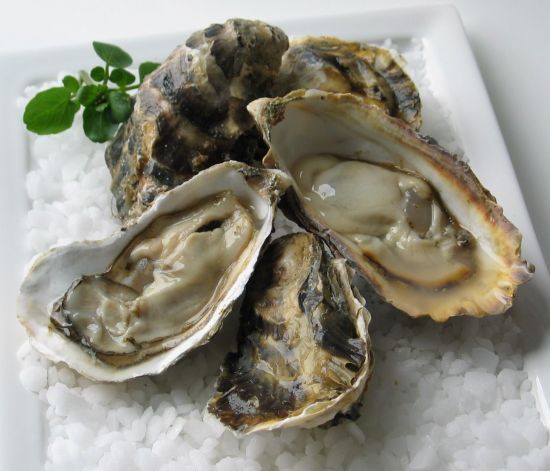What is common between Steve Jobs, Arianna Grande and Ben Stiller? The fact that all of them are successful in their fields but also believes in healthy living and they all followed Pescetarian diet at one point in their lives. In common with some vegetarians, Pescetarian often eat eggs and/or dairy products, apart from having fruits, nuts, vegetables, and grains. Pescetarians are sometimes described as vegetarian or pesco-vegetarians. Pescetarian diet was first initiated in the year 1993 and can be defined as a diet that includes fish but no other form of meat.
Diet Components
The Pescetarian diet is similar to the traditional Mediterranean diet: it is more of plant-based, with abundant fish serving, which is considered as the primary animal protein. Following the Mediterranean eating pattern, a healthy Pescetarian diet has loads of fruits and vegetables, whole grains, nuts, and legumes. Most importantly, Pescetarian diet includes both dairy and eggs in the regime. The diet is rich in minerals as you include shellfish like mussels, clams and oysters in your platter. Oysters are known to be the most zinc-rich food and 4 servings a day is enough to put upto your daily zinc requirement.
Health Benefits
Prevent Cancers
A Pescetarian diet can protect against bowel cancer. Compared with non-vegetarians, people following Pescetarian diet have a 43 per cent lower risk of developing cancerous cells, while the vegetarians have even lower risk of only 22 per cent.
Prevents Other Health Disorders
This type of diet leads to reduced risk of obesity, diabetes, high blood pressure, and mortality.
Increases Protein Intake
This diet helps you to get more protein from fish and other plant-based sources like nuts, beans, and seeds as compared to red meat. Seafood also has much lower amounts of fat, and cholesterol, if compared to most meat varieties and veggies like beans.
Get Abundance of Omega in your Diet
Seafood is always considered as the best source of two of the omega-3 fatty acids – namely, eicosapentaenoic acid, or EPA and docosahexaenoic acid, or DHA. Intake of these lessens the chances of heart diseases, high blood triglyceride levels and high blood pressure. Patients with rheumatoid arthritis are seen to get special benefits from this diet. Loads of omega-3 fatty acids are present in salmon, sardines, pollock, mackerel and herring.
Risks of Pescetarian Diet
Although a Pescetarian diet has too many health benefits, people who are cautious about the AHA factor should always select low-mercury seafood like cod, clams, canned light tuna, salmon and catfish and avoid high-mercury fish like king mackerel, tilefish, swordfish, and shark.
Women, who are pregnant, trying to become pregnant or lactating, should avoid high-mercury fish and take a limited amount of 12 ounces of low-mercury fish in one week. Mercury can damage the neurological development of unborn babies. Pescetarian diet is definitely an appealing dietary alternative and the fish recipes that are used in this kind of diet are of varied textures and tastes, and cooked in methods like baking, grilling, poaching and steaming.











